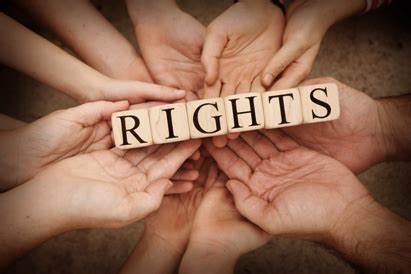In most legal systems, individuals detained in police custody are protected by specific rights aimed at preventing abuses and ensuring fair treatment. One of the most essential rights is the right to remain silent, which protects individuals from self-incrimination, as outlined in the U.S. Miranda Rights.
This means that a detained person is not compelled to answer questions or provide information that could be used against them in court. Another crucial right is the right to legal counsel, ensuring that individuals have access to a lawyer who can help navigate the legal complexities of their detention. This is especially important as it levels the playing field between individuals and law enforcement agencies.
Additionally, individuals in custody have the right to be informed of the reason for their arrest and detention. Transparency is a key principle of justice. The right to protection from torture and cruel, inhuman, or degrading treatment is also guaranteed. This is a fundamental human right enshrined in international law.
Furthermore, detainees have the right to inform family members or close contacts about their detention, helping to ensure transparency and safety. Lastly, if medical attention is required, detainees must be provided with necessary medical assistance, ensuring that they are not deprived of health care during their detention. These rights collectively ensure that police custody remains a fair process rather than a mechanism for abuse.

